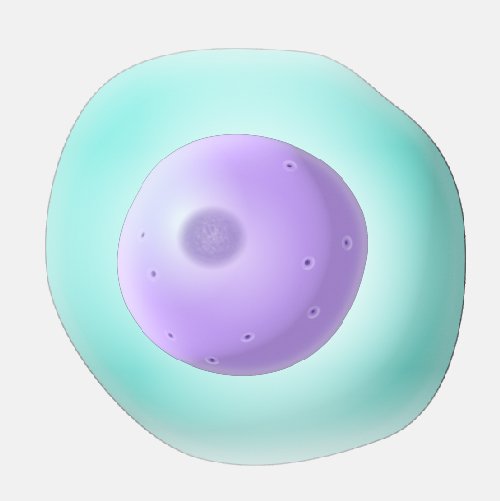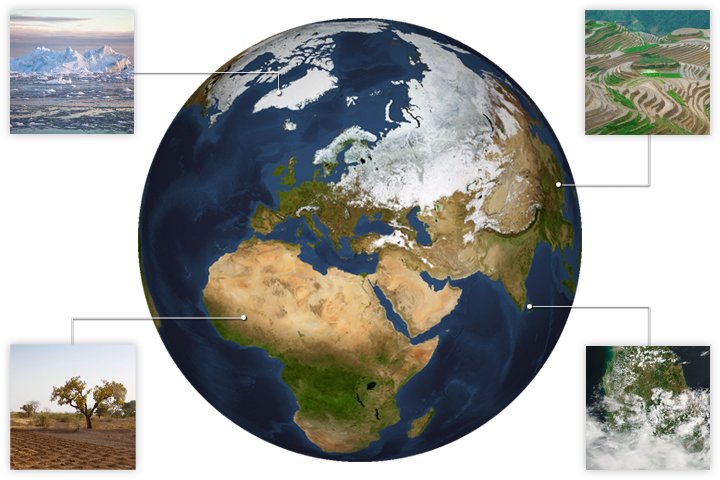What Is A Nucleus?
The nucleus is the central and most important part of an atom. It is a small, dense region that is composed of protons and neutrons, and is surrounded by a cloud of electrons. The protons and neutrons in the nucleus are collectively known as nucleons, and they are held together by the strong nuclear force.
What Does A Nucleus Do>
The nucleus is the source of an atom’s mass and its chemical properties. The number of protons in the nucleus, known as the atomic number, determines the identity of the element. For example, an atom with six protons in its nucleus is a carbon atom, while an atom with 79 protons is a gold atom. The number of neutrons in the nucleus, known as the neutron number, determines the isotope of the element. For example, a carbon atom can have six, seven, or eight neutrons in its nucleus, resulting in the isotopes carbon-12, carbon-13, and carbon-14, respectively.
The nucleus is also the source of an atom’s radioactive properties. Some nuclei are unstable and will decay, or transform into a different element, by emitting particles or energy. This process is known as radioactive decay, and it is the basis of radioactivity and nuclear reactions.
The size of the nucleus is extremely small compared to the size of the atom as a whole. The diameter of the nucleus is on the order of 10^-15 meters, while the diameter of the atom is on the order of 10^-10 meters. This means that the nucleus is more than a million times smaller than the atom.
Conclusion
In summary, the nucleus is the central and most important part of an atom. It is composed of protons and neutrons, and is responsible for the atom’s mass, chemical properties, and radioactive properties. Despite its small size, the nucleus plays a crucial role in the behavior and characteristics of the atom.











